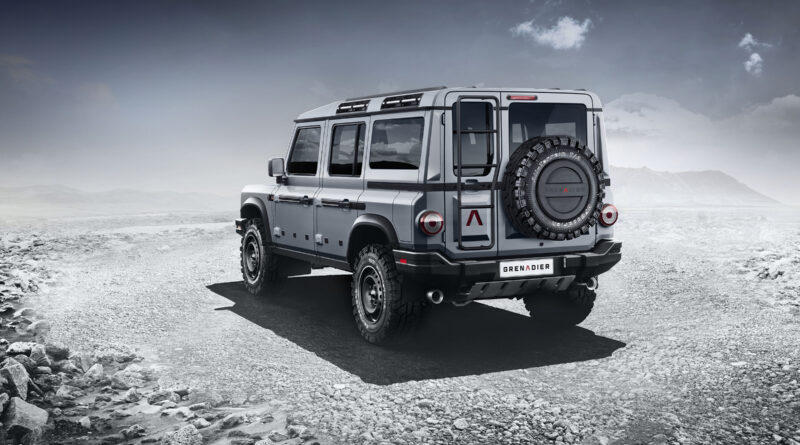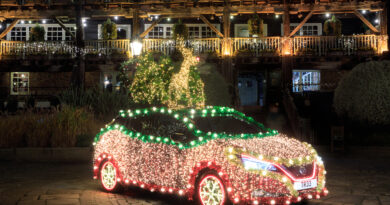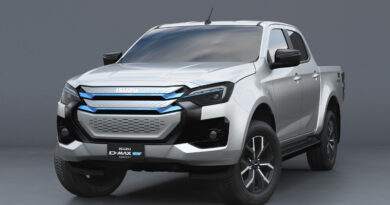INEOS Grenadier closer to hydrogen FCEV tech with Hyundai deal
The Land Rover lookalike made for serious bush tracks is one step closer to adopting a green hydrogen heart.
The INEOS Grenadier could soon get a hydrogen fuel cell electric system courtesy of a deal struck with Hyundai.
INEOS and Hyundai have “signed a memorandum of understanding to explore together new opportunities in the hydrogen economy”.
The deal could provide Hyundai with a ready supply of clean hydrogen and INEOS with a hydrogen fuel cell for its Grenadier off-roader.

It’s the non-car-making side of the INEOS business – the company is best known for producing chemicals – that has paved the way for an innovative tie-up between two very different car companies.
“We also hope our decades-long expertise in hydrogen fuel cell work in synergy with INEOS’ expertise in field of chemistry to realise the mass production of green hydrogen and fuel cells for the Grenadier,” said Saehoon Kim, senior vice president and head of fuel cell center at Hyundai Motor Company.
Want the latest electric car news and reviews delivered to your inbox? Subscribe to our newsletter!
INEOS says it produces about 300,000 tonnes of hydrogen each year, most as a by-product of its chemical manufacturing business.
However, the company has a subsidiary called INOVYN, claimed to be a European leader in electrolysis, which allows water to be split into hydrogen.
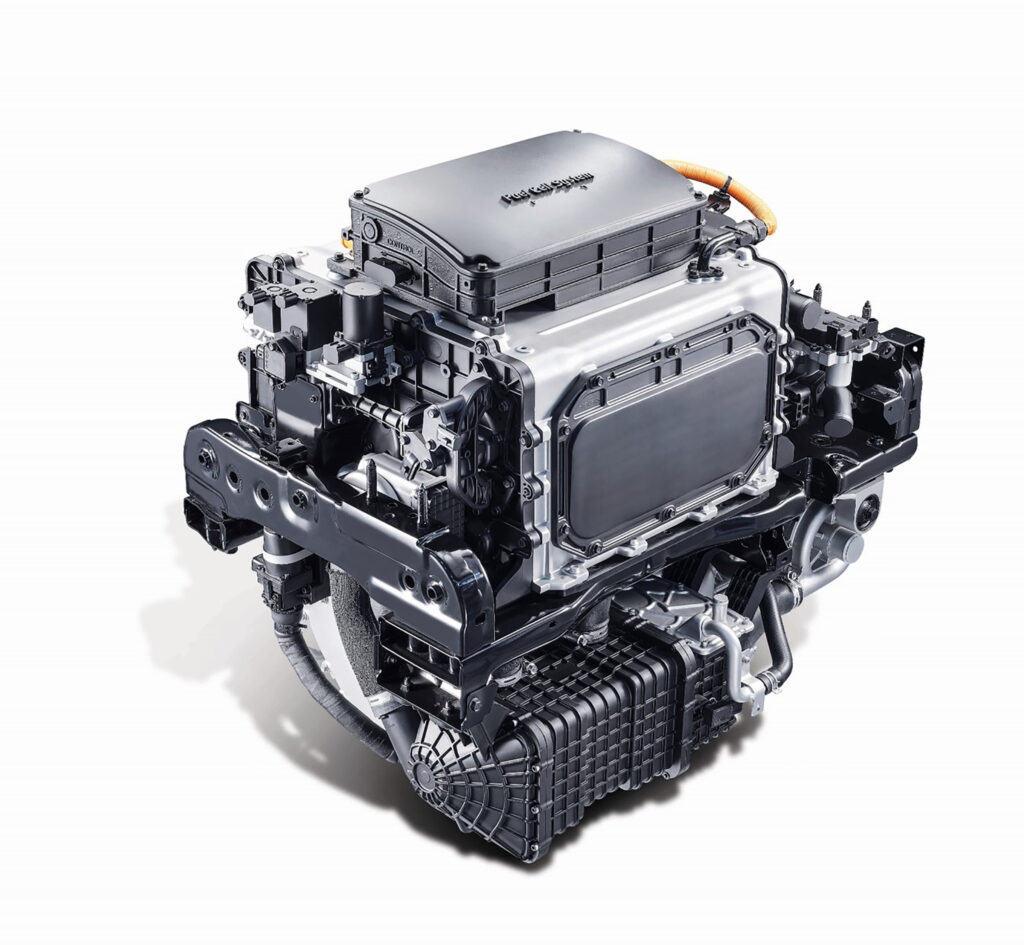
INEOS says the expertise in electrolysis as well as experience handling hydrogen puts the company “in a unique position to drive progress towards a carbon-free future based on hydrogen”.
When they revealed the Grenadier earlier this year, INEOS executives expressed a desire to offer a hydrogen fuel cell option alongside the BMW-sourced diesel and petrol engines already confirmed for the boutique 4×4.
The new deal with Hyundai brings that dream one step closer, with the emphasis for electrification clearly on hydrogen, which offers many benefits that petrol and diesel do today – albeit with enormous hurdles yet to be overcome regarding distribution and refuelling infrastructure.
While hydrogen infrastructure is in its infancy in Australia, FCEV technology is seen as potentially beneficial to brands such as Toyota, which sells more diesel-powered off-roaders than any other.
Rather than heavy battery packs, hydrogen fuel cells store more energy with a fraction of the weight, allowing for heavy duty applications such as towing or long-distance remote touring.
“The agreement between INEOS and Hyundai presents both companies with new opportunities to extend a leading role in the clean hydrogen economy,” said INEOS technology director Peter Williams.
“Evaluating new production processes, technology and applications, combined with our existing capabilities puts us in a unique position to meet emerging demand for affordable, low-carbon energy sources and the needs of demanding 4×4 owners in the future.”
A hydrogen fuel cell EV Grenadier could also potentially be more capable in rough terrain, with various off-road manufacturers suggesting electric motors offer many benefits.
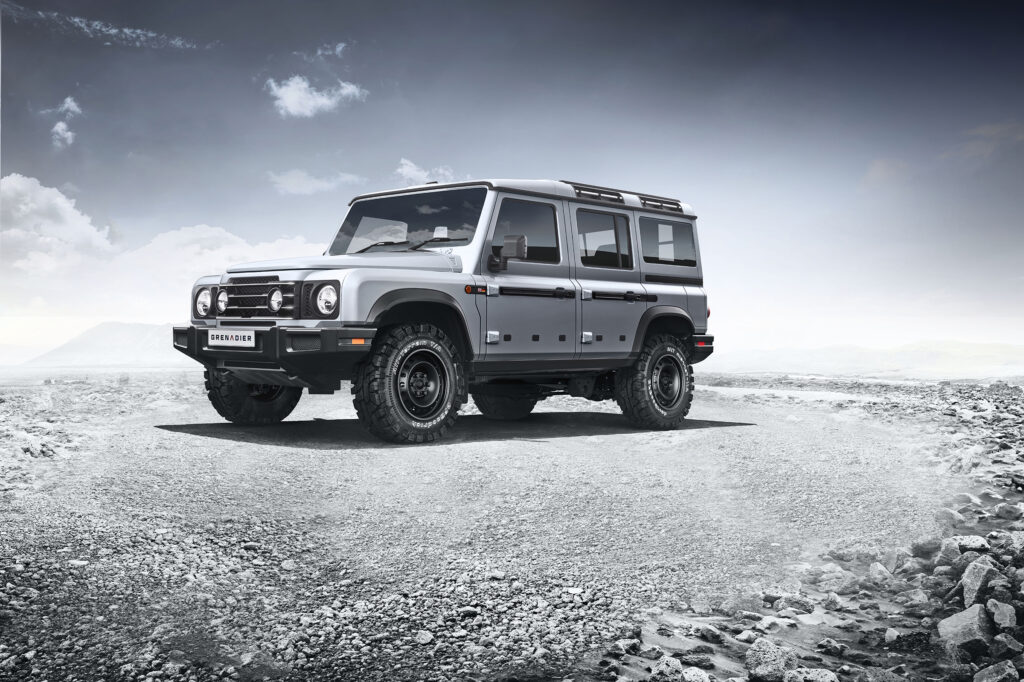
Like the previous generation – some would say “real” – Land Rover Defender it was influenced by, the INEOS Grenadier has an intense focus on off-road ability.
However, whereas that old Defender was very basic inside and had rudimentary handling, the Grenadier promises to incorporate more comfort, technology and everyday liveability.
And soon, potentially, hydrogen FCEV technology.
Toyota recently confirmed its Mirai hyrodgen fuel cell car would arrive in Australia in limited numbers early in 2021, months after Hyundai imported a limited run of Nexo hydrogen SUVs.

